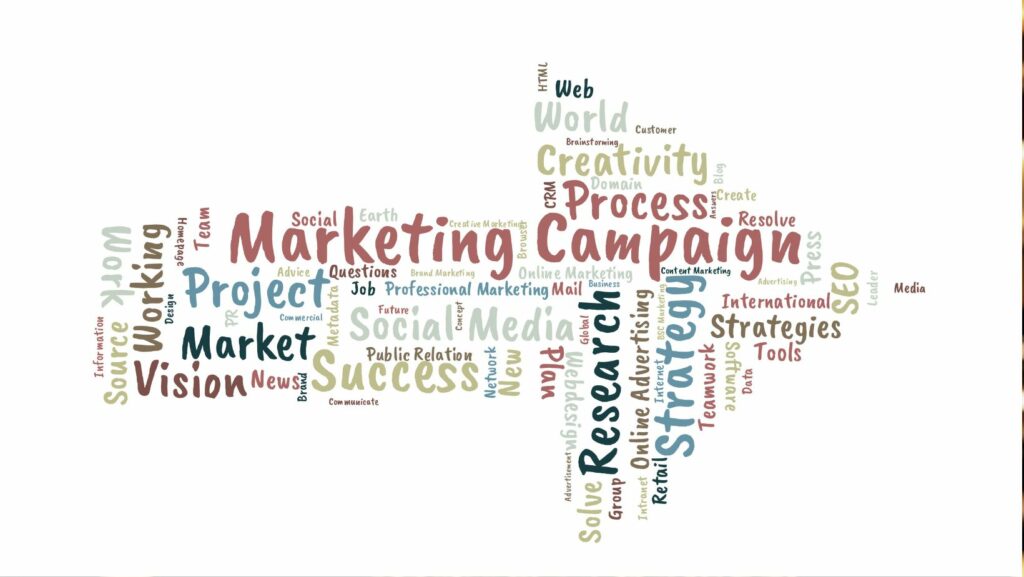Marketing Campaign Optimization
Marketing Campaign Optimization, in its essence, refers to the process of improving and fine tuning a marketing campaign to elevate its performance. With relevance to its importance, businesses, however large or small, derive substantial benefit from optimization. It amplifies the effectiveness of a marketing campaign, if used aptly. Reduced wastage of resources and improved return on investment, count as few of the numerous advantages thus gained.
Deduced from various authoritative sources, four elemental aspects emerge in marketing campaign optimization:
- Data Analysis: It aids businesses to monitor the performance of marketing strategies. For instance, they may use analytics tools to evaluate the success of their recent social media campaign.

- Audience Segmentation: It’s a practice of categorizing an audience into different segments based on shared characteristics. For example, a business targeting working women might further segment their audience into various age groups.
- Personalization: Personalized messages resonate more effectively with recipients, compelling them to take actionable steps. For instance, an email marketing campaign can use a customer’s browsing history to send targeted offers.
- Continuous Testing: This ongoing process evaluates different elements of a marketing campaign, such as headlines, images, or calls to action, to explore what works best. As an example, A/B testing can determine which version of an email template receives the most click-throughs.
Delving into these integral elements assists in comprehending how marketing campaign optimization could be the path to better marketing efficiency and effectiveness.
Planning your Marketing Campaign
Vital in the pursuit of a successful marketing campaign is a well-formulated plan. It serves as a roadmap, guiding strategic decisions aimed at maximizing marketing performance. The core aspects of campaign planning include setting clear goals, identifying the target audience, and choosing the appropriate marketing channels.
Campaign planning commences with the establishment of clear, measurable goals.  This stage determines the overall direction of the campaign, guiding all decisions and strategies implemented later on. Goals could range from increasing brand awareness, boosting sales, improving customer retention, to expanding market reach. For instance, a new e-commerce store may set a goal of achieving a 20% increase in website traffic within the first quarter of its operation.
This stage determines the overall direction of the campaign, guiding all decisions and strategies implemented later on. Goals could range from increasing brand awareness, boosting sales, improving customer retention, to expanding market reach. For instance, a new e-commerce store may set a goal of achieving a 20% increase in website traffic within the first quarter of its operation.
Understanding who to market to is pivotal in creating effective marketing communications. Hence, precise definition of the target audience is a crucial step in planning a marketing campaign. Detailed audience profiles, often created based on demographic information (age, gender, location, and income), psychographic data (interests, values, and lifestyles), and behavioral patterns, aid in crafting personalized marketing messages that resonate with the potential customers. For example, a luxury skincare brand may target high-income middle-aged women who prioritize skin health and youthful appearance.
Implementing Marketing Campaign Optimization
In a successful marketing campaign, tools play an instrumental role, optimizing various activities such as tracking, analysis, and segmentation. For instance, analytics tools deliver insights on key metrics like audience behavior, engagement rates, and conversion numbers. When employed correctly, CRM tools can aid interaction with customers, managing relationships, and improving customer retention. Additionally, project management tools help in organizing tasks, managing teams, and tracking progress. Therefore, implementing campaign optimization requires the right tools to report accurate metrics and aid decision-making processes.
A/B testing contributes significantly to optimization, offering a hands-on approach to understand what appeals to the audience.  It involves testing two versions of a webpage or campaign element to identify which performs better. Conclusions drawn from A/B testing, for instance, the color of a CTA button or the headline of an email, can guide crucial marketing decisions. Thus, integrating A/B testing into marketing campaign optimization aids marketers in enhancing user experience, boosting conversion rates, and driving business growth.
It involves testing two versions of a webpage or campaign element to identify which performs better. Conclusions drawn from A/B testing, for instance, the color of a CTA button or the headline of an email, can guide crucial marketing decisions. Thus, integrating A/B testing into marketing campaign optimization aids marketers in enhancing user experience, boosting conversion rates, and driving business growth.
In creating customer-centric marketing campaigns, personalization assumes a critical role. Personalized marketing, such as tailor-made messages based on audience behavior, preferences, or purchasing history, can amplify engagement and conversions. For instance, using a customer’s name in an email or providing product recommendations based on purchase history enhances relevance. Therefore, personalization is a critical factor in a campaign’s success, earning it a prime spot in implementing marketing campaign optimization.

